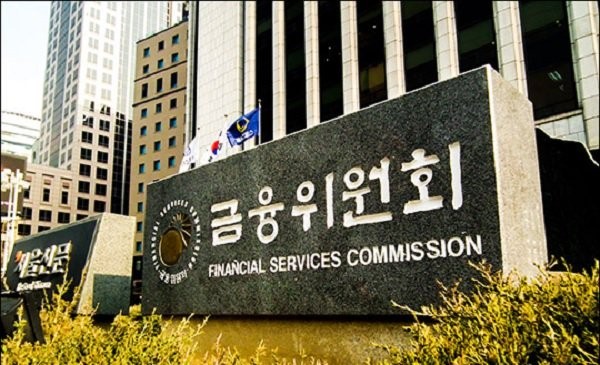
Image credit: Regulation Asia
The FSC says credit support measures for SMEs will be maintained at it will minimise the impact of rating downgrades.
South Korea’s FSC (Financial Service Commission) chairman Eun Sung-soo has reportedly pledged to maintain state support for SMEs affected by the Covid-19 pandemic through various financial policies favorable to the sector, reported local media.
Speaking at a meeting with representatives of SMEs earlier this week (29 March) during the opening of a Korea Federation of SMEs financial support centre, he added that the government will try to minimise the pandemic’s impact on credit scores for small companies.
The pandemic has led to credit rating downgrades and consequently rising borrowing costs which have significantly affected South Korean SMEs.
During the meeting, Eun noted that the FSC is well aware of the SME sector’s concerns over credit rating downgrades due to downturns in last year’s revenues and their worries that this would worsen loan conditions amid rising interest rates.
“The government has been holding close discussions with the financial industry to alleviate such worries felt by SMEs,” he said, adding that the government will seek co-operation with banks when they assess the credit scores of SMEs struggling during the pandemic.
He emphasised that financial institutions would take into full account the potential for sales recovering when conducting credit rating assessments for such SMEs.
Eun added that for companies whose credit ratings fell unavoidably, the FSC will try to minimise impact via policy guidelines such as loan limits or loan interest rates. This means that even if the credit scores of SMEs drop, the government will help them borrow at favourable interest rates.
He added that financial companies will be encouraged to increase their loans to businesses rather than lending money for residential real estate purchases.
“Until now, banks were more focused on mortgages, which were considered to be safe. As such, mortgages outstanding now amount to over KRW 1.6 quadrillion,” said Eun. “Banks’ capital shift toward SMEs is inevitable.”
Despite government efforts, banks have been reluctant to lend to SMEs according to the latest BOK (Bank of Korea) financial stability report. The central bank also warned that the risk of financial imbalance has worsened due to a jump in asset prices even though the financial market continues to be stable.
Last year, 40 percent of loans borrowed by SMEs were from non-banking financial companies – an increase of 29 percent. In contrast, the number of SMEs borrowing banks grew only 12 percent year-on-year in 2020.
This was despite the fact the interest rates on loans from non-banking financial companies are around 1 to 3 percentage points higher than from banks.
Separately, FSC vice chairman Doh Kyu-sang said banks will make available diverse payback options tailored to the different needs and situations of their customers to prepare for the termination of the loan deferment programme, including by offering pre-consulting services to minimise payment burdens on borrowers.
The loan deferment programme launched in March 2020 provided loan maturity extensions and deferment of interest payments to SMEs and small merchants hit by the pandemic. The programme was initially set to expire in September 2020 but has been extended until end-September 2021.
Doh had also mentioned that South Korea’s financial authorities will continue to make support available to vulnerable sectors including SMEs while they work on a gradual and careful rollback of pandemic response measures.
Source: https://www.regulationasia.com/fsc-korea-pledges-to-address-pandemic-impact-on-sme-credit-scores/

